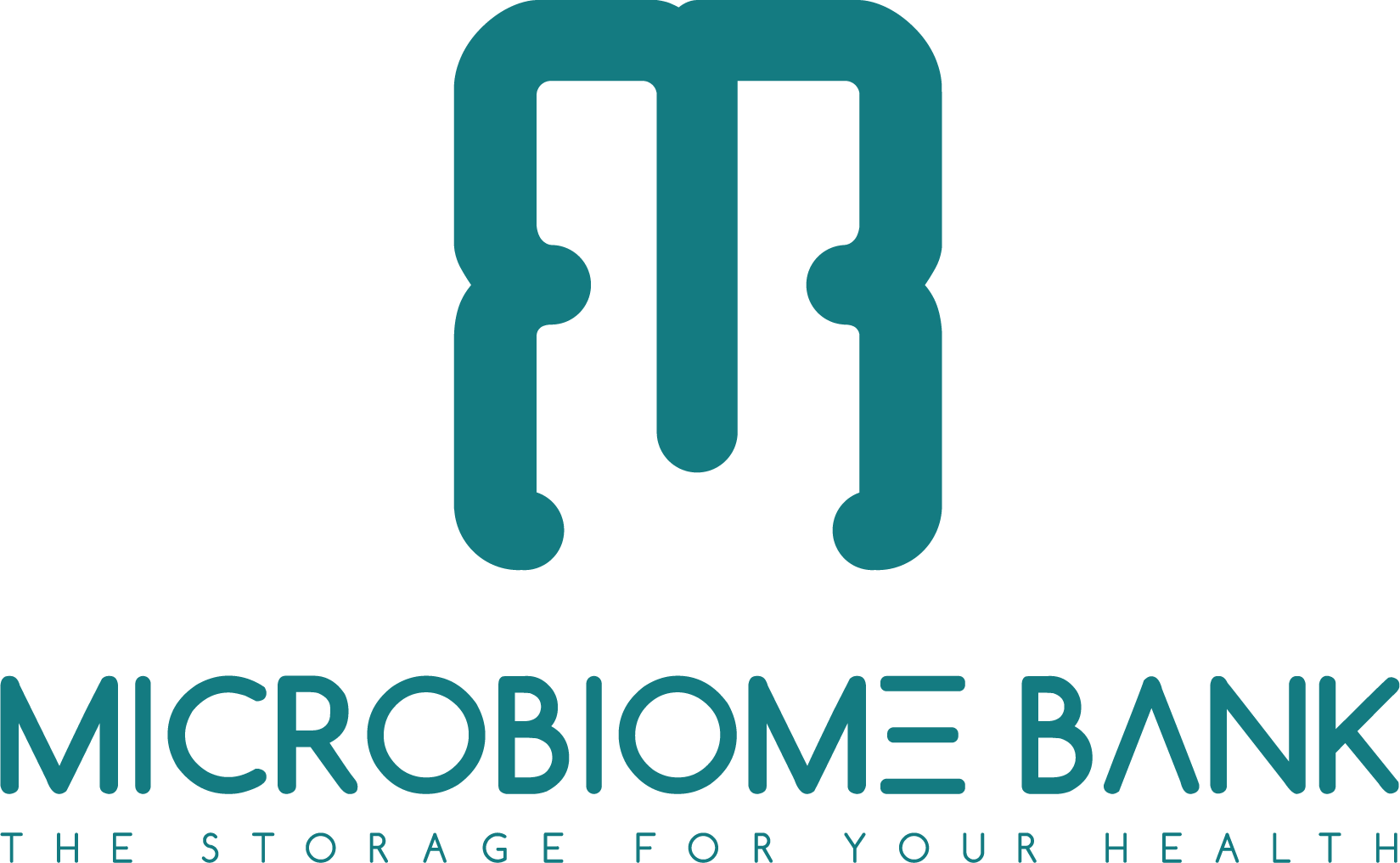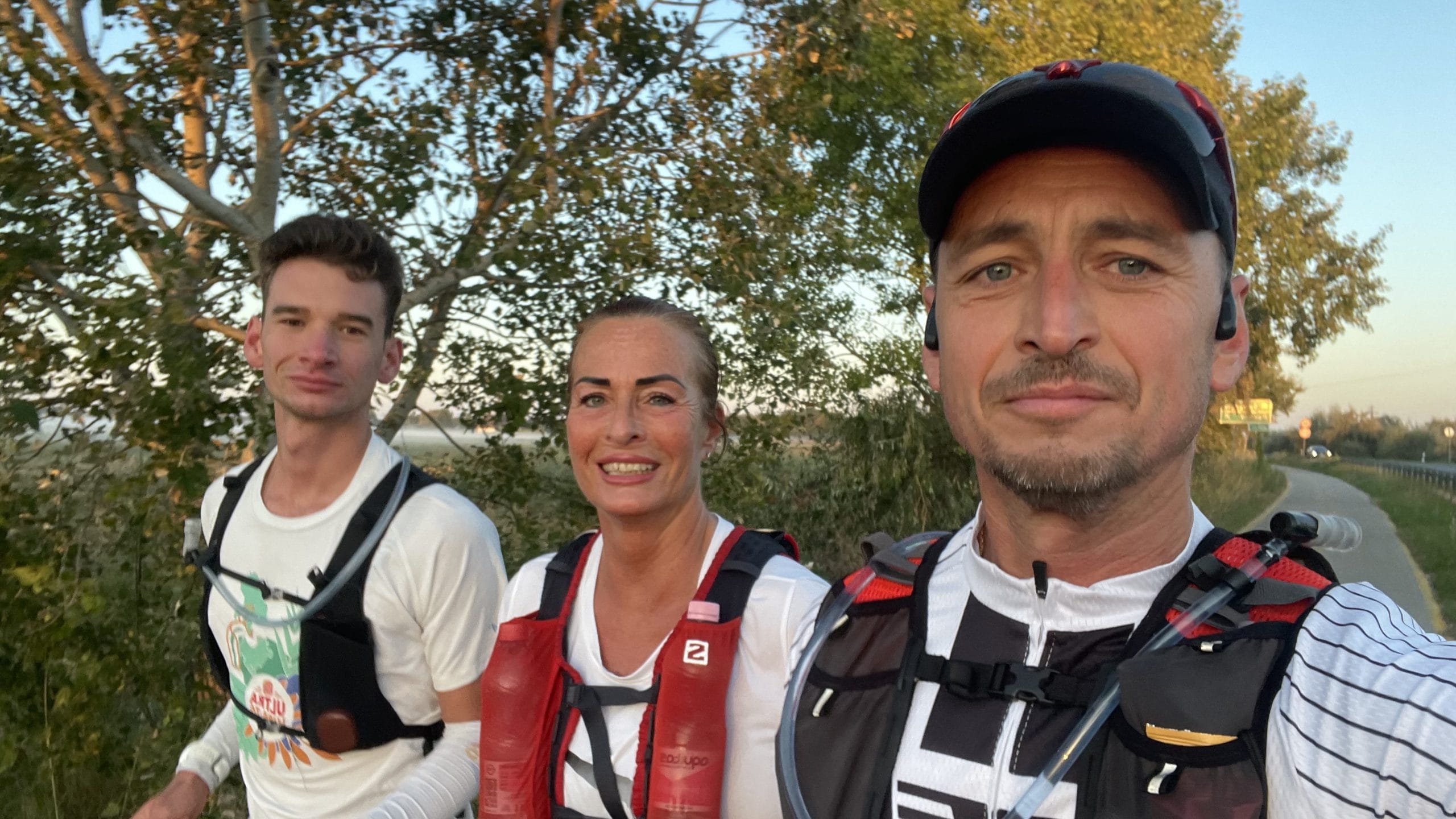My Life in the Second Half: Stronger, Wiser, Microbial
I once believed midlife would be about slowing down.
What I didn’t expect was that at nearly fifty, I’d feel more precise, more tuned, and more alive than ever before. Not because I pushed harder - but because I listened better. I’ve learned that resilience isn’t about toughness. It’s about cooperation with biology.
The first half of my life was about proving things - to others, to friends, to colleagues, to myself, to the mirror. The second half? It’s about preservation and transmission. Not just of muscle or memory, but of something deeper: microbial stability, emotional steadiness, and the ability to recover quickly - mentally, physically, digestively.
I don’t strive for perfection anymore. I strive for biological fluency. My food choices aren’t about trends - they’re about tuning microbial function. My sleep isn’t about “8 hours” - it’s about resetting the clockwork of gut and brain. My relationships, my environment, even my breath - these are microbial messages now, not distractions.
The gut isn’t a target anymore. It’s a companion. My microbes are no longer symptoms to fix, but sensors and allies. They respond to my joy, my stress, my food, my thoughts. And in return, they offer me immunity, clarity, and adaptability. They’ve become a kind of third intelligence - not just behind my eyes or in my gut lining, but woven into every decision I make.
What I now seek is not more time - but deeper time. Not more tools - but fewer, used better. Not longevity for its own sake, but healthevity: a life where every year gained comes with function, feeling, and full-spectrum health. I feel microbial now - not metaphorically, but practically - because I live through systems, not schedules.
This is my second half. And I’m not just aging - I’m cultivating function. I’m not just adding years - I’m adding depth.
There is no next week.
But there is a continuation - in you, in anyone who dares to rewire their own gut, to listen to their own microbial whispers. Because this isn’t the end. It’s a microbial legacy. And the new plan: an IronMan.


